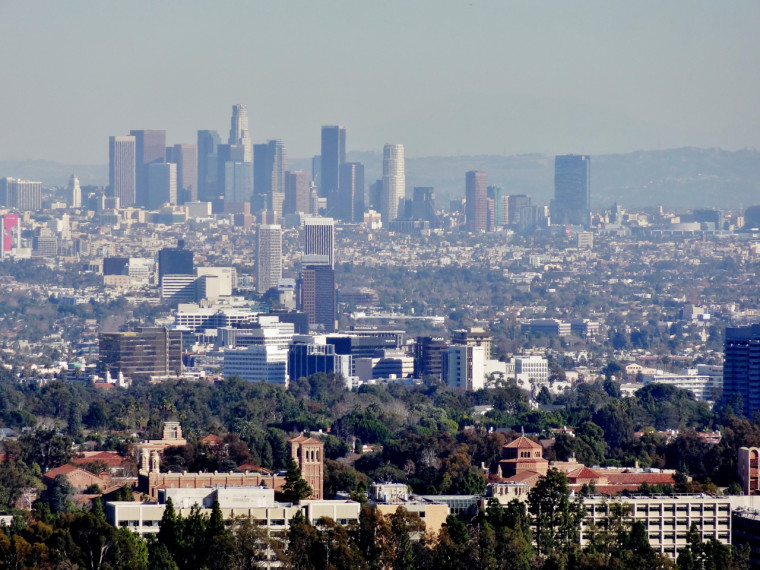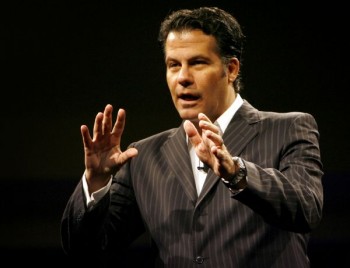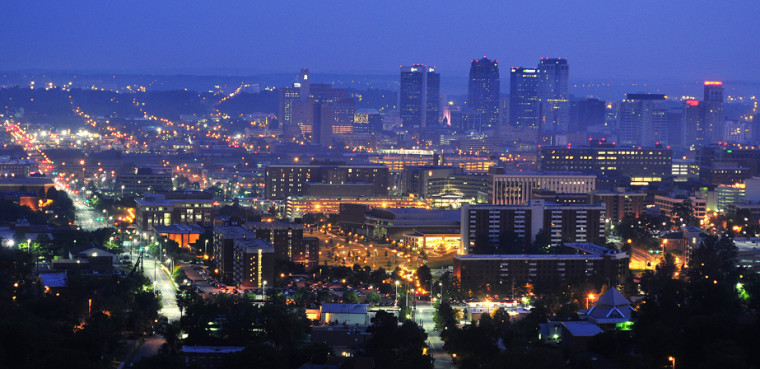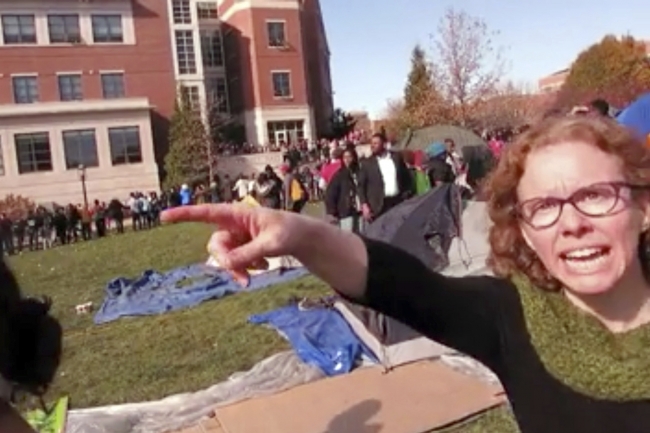Another day, another crisis in shared governance. This time the crisis has roiled Mount St. Mary’s University, a small private, liberal arts, Catholic university in Emmitsburg, Maryland. Mount St. Mary’s hired Simon Newman, a former private equity director, as president in December, 2014. He had no experience in higher education but at the time of his hiring said his career gave him experience in fundraising, marketing, and strategic planning. In recent days, the campus has erupted in controversy with a plan to weed out likely to fail students, firing faculty critics, and forcing the resignation of the provost. There is only one appropriate conclusion to this episode, Mount St. Mary’s president should be fired.
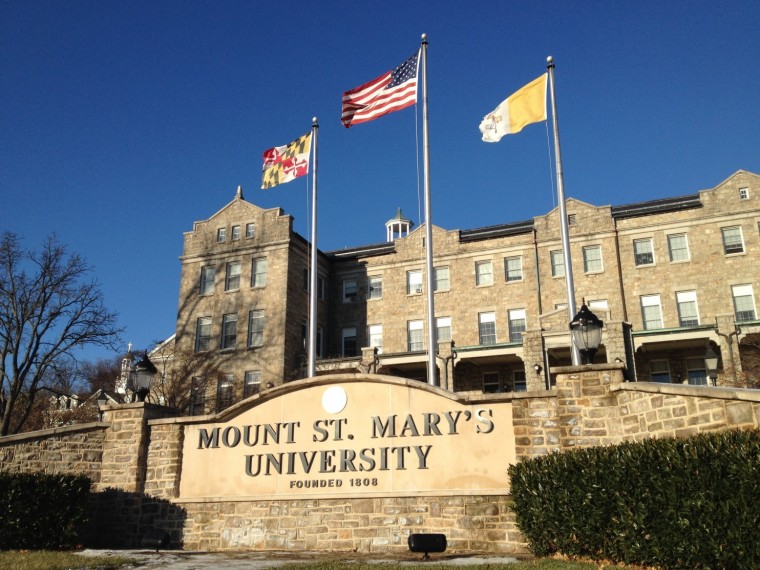
Photo credit: Mount St. Mary’s
It is attractive to small universities that struggle financially to recruit a powerful business executive with a history of raising money. After all, the institution desperately needs fiscal stability. However, especially at small universities, presidents must be able to successfully navigate the faculty and academic responsibilities of the institution.
Clearly, Mr. Newman has failed on this front.
If I served as one of the university’s trustees, I would immediately move to fire Simon Newman and for cause.
